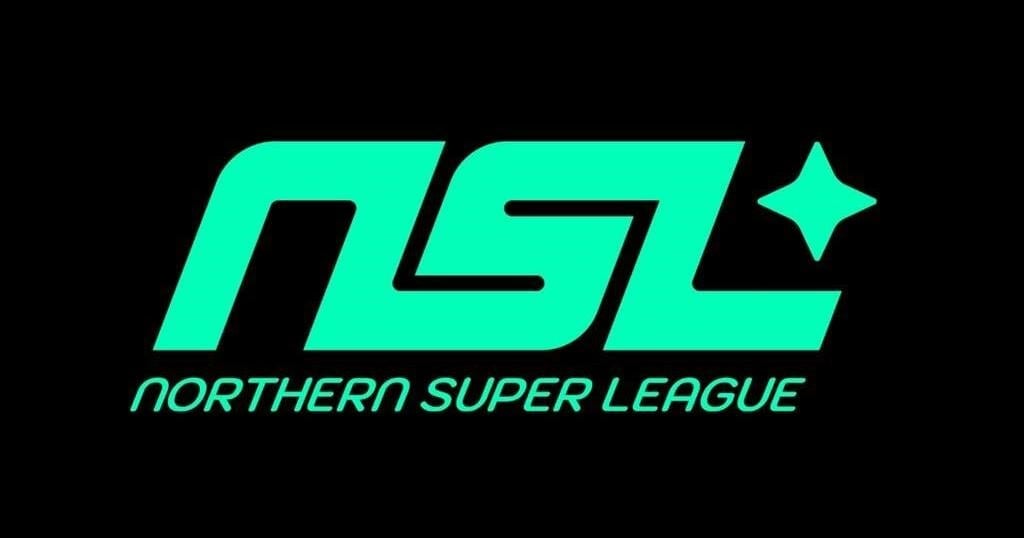File this column under “for what it’s worth.”
“Communication is one of the most important skills you require for a successful life.” — Catherine Pulsifer, author.
I’m one hundred percent in agreement with Pulsifer, which is why my evaluation of candidates begins with their writing skills. If a candidate’s writing skills and verbal communication skills, which I’ll assess when interviewing, aren’t well above average, I’ll pass on them regardless of their skills and experience.
Why?
Because business is fundamentally about getting other people to do things—getting employees to be productive, getting customers to buy your products or services, and getting vendors to agree to a counteroffer price. In business, as in life in general, you can’t make anything happen without effective communication; this is especially true when job searching when your writing is often an employer’s first impression of you.
Think of all the writing you engage in during a job search (resumes, cover letters, emails, texts) and all your other writing (LinkedIn profile, as well as posts and comments, blogs, articles, tweets, etc.) employers will read when they Google you to determine if you’re interview-worthy.
With so much of our communication today taking place via writing (email, text, collaboration platforms such as Microsoft Teams, Slack, ClickUp, WhatsApp and Rocket.Chat), the importance of proficient writing skills can’t be overstated.
When assessing a candidate’s writing skills, you probably think I’m looking for grammar and spelling errors. Although error-free writing is important—it shows professionalism and attention to detail—it’s not the primary reason I look at a candidate’s writing skills.
The way someone writes reveals how they think.
- Clear writing = Clear thinking
- Structured paragraphs = Structured mind
- Impactful sentences = Impactful ideas
Effective writing isn’t about using sophisticated vocabulary. Hemingway demonstrated that deceptively simple, stripped-down prose can captivate readers. Effective writing takes intricate thoughts and presents them in a way that makes the reader think, “Damn! Why didn’t I see it that way?” A good writer is a dead giveaway for a good thinker. More than ever, the business world needs “good thinkers.”
Therefore, when I come across a candidate who’s a good writer, hence a good thinker, I know they’re likely to be able to write:
- Emails that don’t get deleted immediately and are responded to
- Simple, concise, and unambiguous instructions
- Pitches that are likely to get read
- Social media content that stops thumbs
- Human-sounding website copy
- Persuasively, while attuned to the reader’s possible sensitivities
Now, let’s talk about the elephant in the room: AI, which job seekers are using en masse. Earlier this year, I wrote that AI’s ability to hyper-increase an employee’s productivity—AI is still in its infancy; we’ve seen nothing yet—in certain professions, such as writing, sales and marketing, computer programming, office and admin, and customer service, makes it a “fewer employees needed” tool, which understandably greatly appeals to employers. In my opinion, the recent layoffs aren’t related to the economy; they’re due to employers adopting AI. Additionally, companies are trying to balance investing in AI with cost-cutting measures. CEOs who’ve previously said, “Our people are everything,” have arguably created today’s job market by obsessively focusing on AI to gain competitive advantages and reduce their largest expense, their payroll.
It wouldn’t be a stretch to assume that most AI usage involves generating written content, content that’s obvious to me, and likely to you as well, to have been written by AI. However, here’s the twist: I don’t particularly care.
Why?
Because the fundamental skill I’m looking for is the ability to organize thoughts and communicate effectively. What I care about is whether the candidate can take AI-generated content and transform it into something uniquely valuable. If they can, they’re demonstrating the skills of being a good thinker and communicator. It’s like being a great DJ; anyone can push play, but it takes skill to read a room and mix music that gets people pumped.
Using AI requires prompting effectively, which requires good writing skills to write clear and precise instructions that guide the AI to produce desired outcomes. Prompting AI effectively requires understanding structure, flow and impact. You need to know how to shape raw information, such as milestones throughout your career when you achieved quantitative results, into a compelling narrative.
So, what’s the best way to gain and enhance your writing skills? As with any skill, you’ve got to work at it.
Two rules guide my writing:
- Use strong verbs and nouns instead of relying on adverbs, such as “She dashed to the store.” instead of “She ran quickly to the store.” or “He whispered to the child.” instead of “He spoke softly to the child.”
- Avoid using long words when a shorter one will do, such as “use” instead of “utilize” or “ask” instead of “inquire.” As attention spans get shorter, I aim for clarity, simplicity and, most importantly, brevity in my writing.
Don’t just string words together; learn to organize your thoughts, think critically, and communicate clearly. Solid writing skills will significantly set you apart from your competition, giving you an advantage in your job search and career.
_____________________________________________________________________
Nick Kossovan, a well-seasoned veteran of the corporate landscape, offers “unsweetened” job search advice. You can send Nick your questions to artoffindingwork@gmail.com.
Related


































